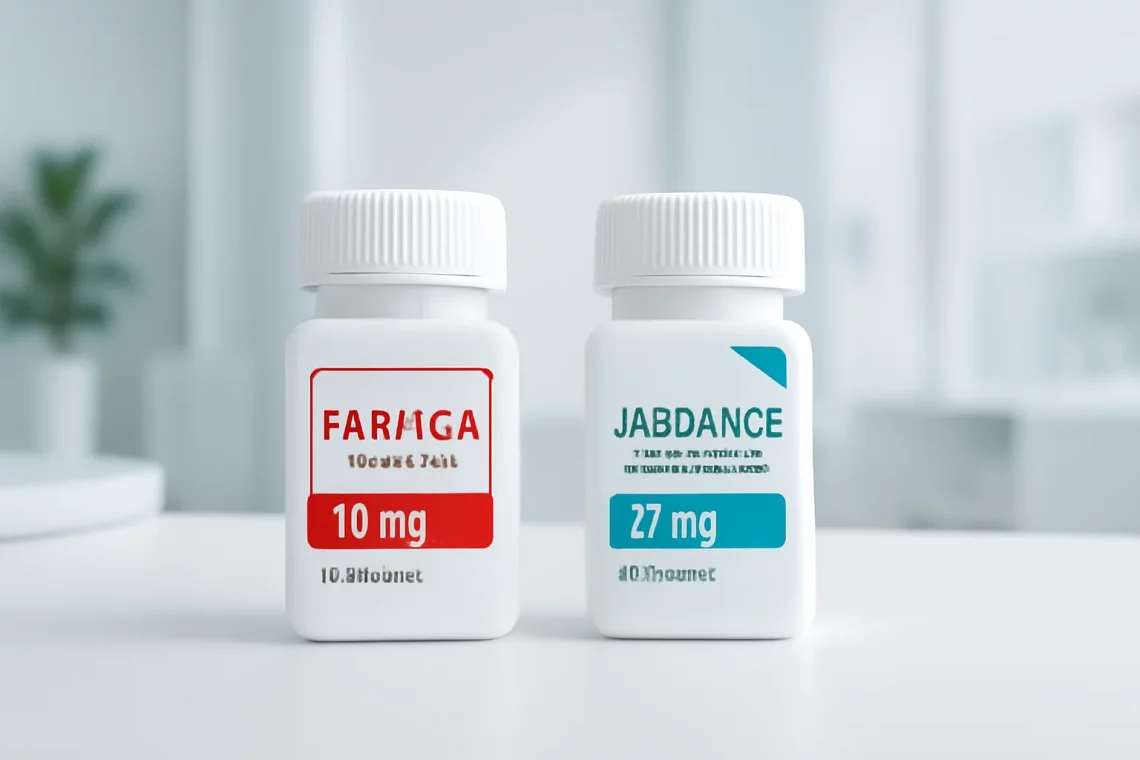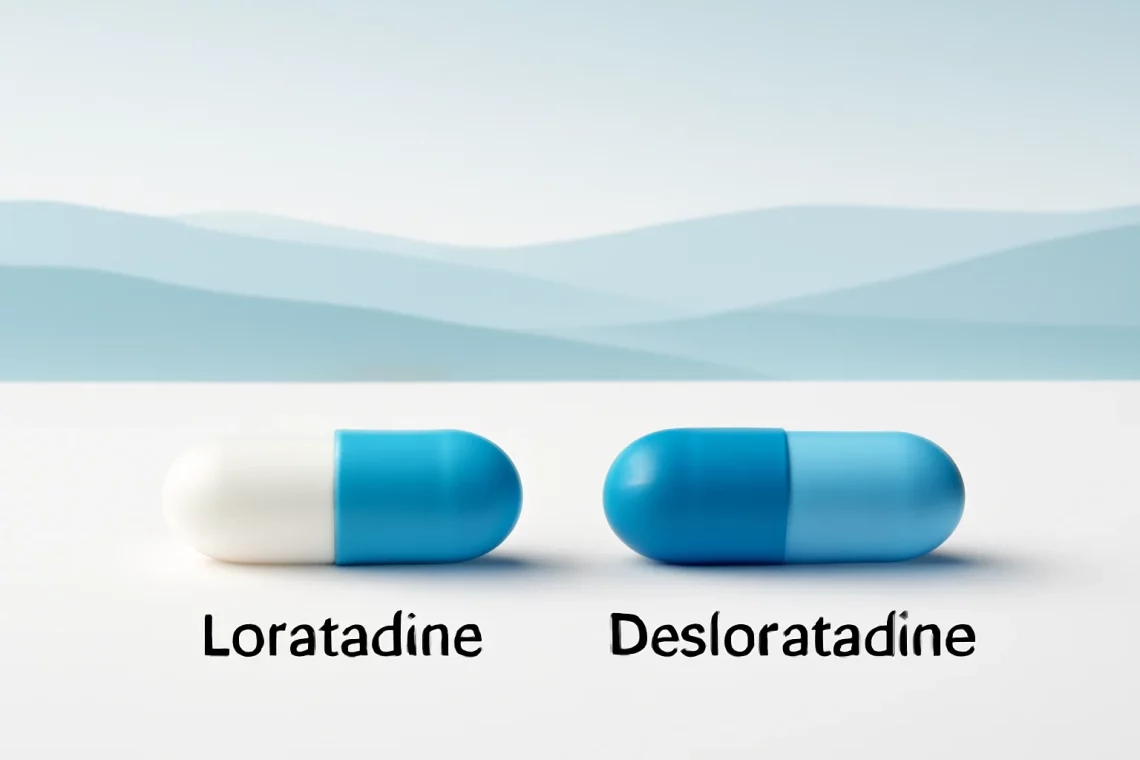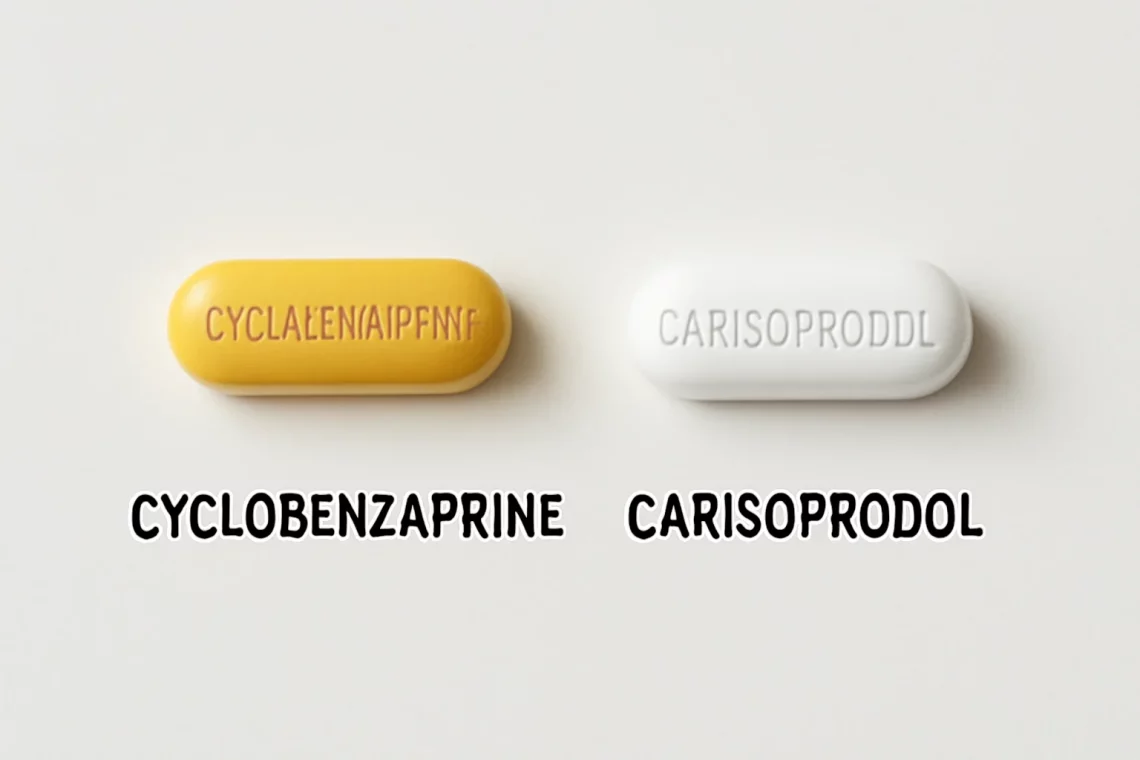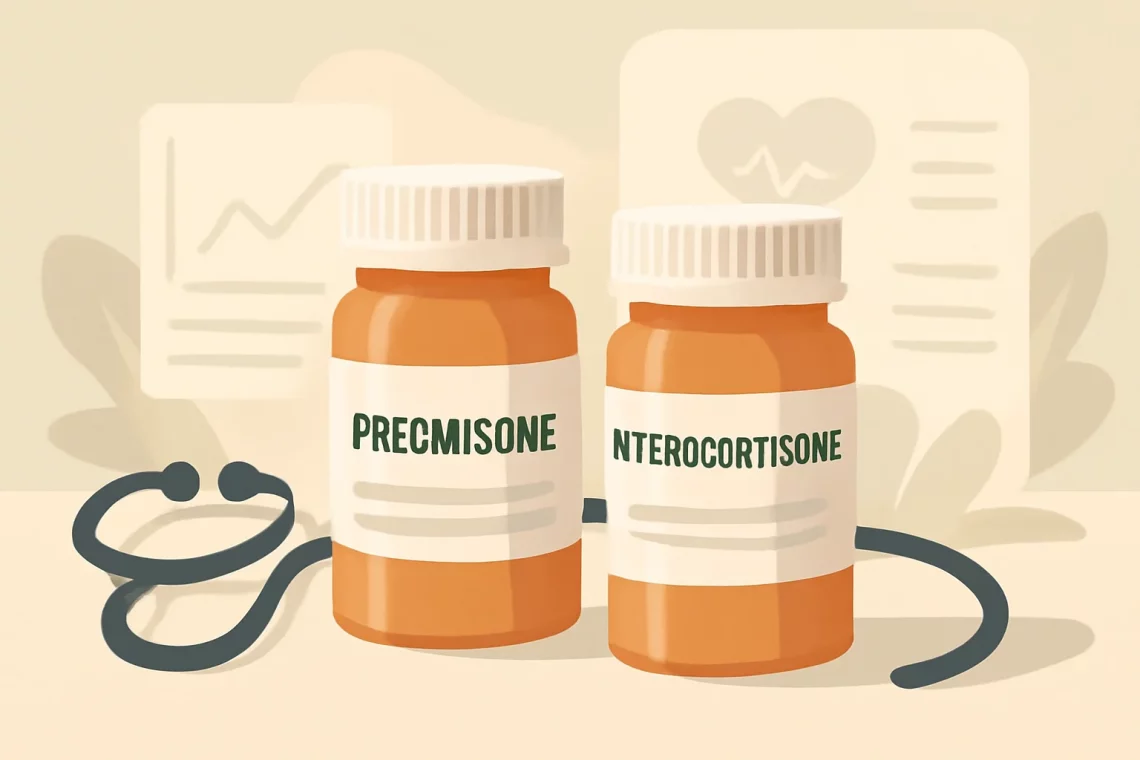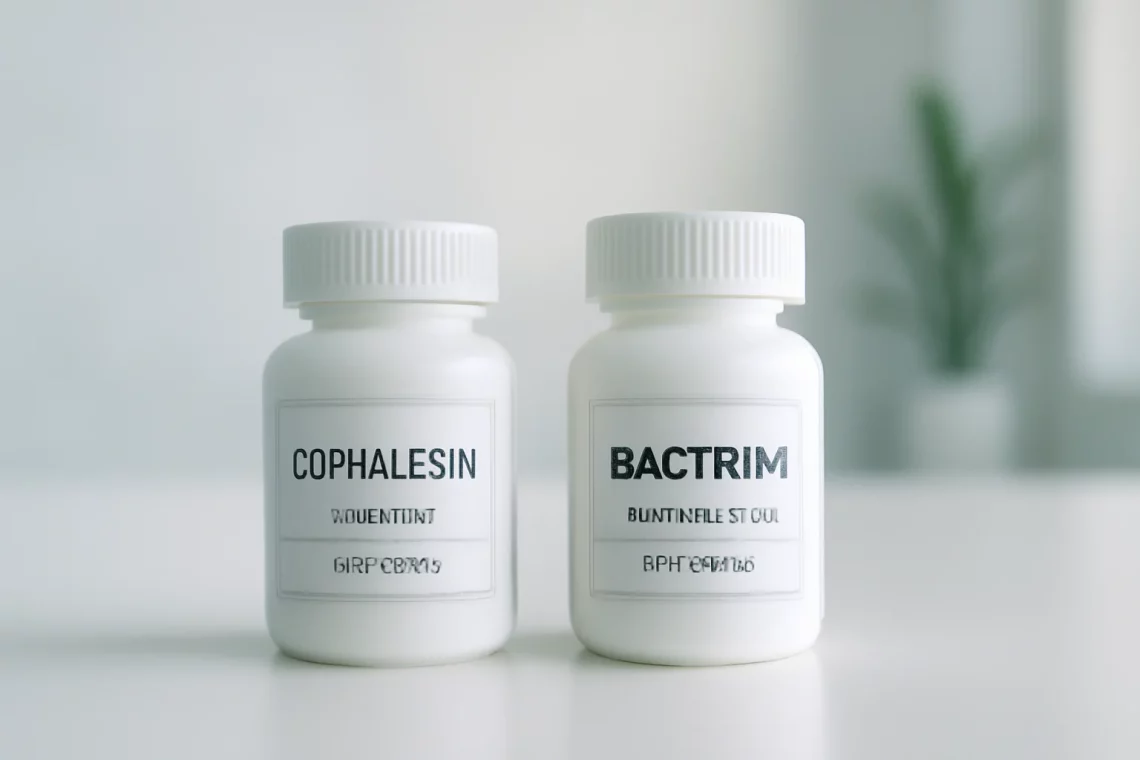-
Farxiga vs Jardiance: A Comprehensive Comparison of Diabetes Medications
In recent years, the landscape of diabetes management has evolved significantly, with new medications emerging to help patients control their blood sugar levels more effectively. Two prominent medications in this arena are Farxiga and Jardiance, both of which belong to a class of drugs known as SGLT2 inhibitors. These medications have gained attention for their ability to lower glucose levels and offer additional benefits, such as weight loss and cardiovascular protection. With diabetes being a chronic condition that affects millions of people worldwide, understanding the differences and similarities between these two medications is crucial for patients and healthcare providers alike. As more individuals seek information on how to manage their…
-
Cyclobenzaprine vs Chlorzoxazone: Key Differences and Uses Explained
Cyclobenzaprine and chlorzoxazone are both medications commonly used to treat muscle spasms and discomfort. Although they serve similar purposes, these two drugs possess distinct properties, mechanisms of action, and side effects profiles. Understanding the nuances between cyclobenzaprine and chlorzoxazone can empower patients and healthcare providers to make informed decisions regarding treatment options. Muscle spasms can arise from various conditions, including injuries, overuse, or underlying medical issues. The sensation of tightness, pain, or restricted movement can significantly impact daily life, leading individuals to seek relief through medication. While both cyclobenzaprine and chlorzoxazone are classified as muscle relaxants, they differ in their chemical structure and how they interact with the nervous system.…
-
Loratadine vs Desloratadine: Key Differences Explained
Loratadine and desloratadine are antihistamines widely used for the treatment of allergic conditions. Both of these medications help alleviate symptoms associated with allergies, such as sneezing, runny nose, and itchy eyes. They belong to a class of drugs known as second-generation antihistamines, which are known for causing less sedation compared to first-generation antihistamines. This distinction makes them more appealing to individuals who need to manage allergy symptoms without the drowsiness that often accompanies other allergy medications. Understanding the differences and similarities between loratadine and desloratadine is crucial for those seeking effective allergy relief. While they share a common purpose, the way they act in the body and their specific applications…
-
Cyclobenzaprine vs Carisoprodol: Which Muscle Relaxant is Better?
Cyclobenzaprine and Carisoprodol are two medications commonly prescribed for the treatment of muscle spasms and discomfort associated with musculoskeletal conditions. Both belong to a class of drugs known as muscle relaxants, which work by affecting the central nervous system to alleviate pain and improve mobility. While they share some similarities in their therapeutic use, they also have distinct differences in terms of mechanism of action, side effects, and duration of use. In an era where muscle-related issues are increasingly prevalent due to sedentary lifestyles and physical stressors, understanding these medications can empower patients and healthcare providers alike. Muscle relaxants like cyclobenzaprine and carisoprodol have become important components in managing pain…
-
Lexapro vs Remeron: A Comprehensive Comparison of Antidepressants
The choice between medications for mental health can be daunting, especially when it comes to antidepressants. Two commonly prescribed options are Lexapro and Remeron. Both of these medications have distinct mechanisms of action, benefits, and side effects, making them suitable for different types of patients and conditions. Understanding the nuances of these drugs is essential not only for patients but also for healthcare providers who aim to offer personalized treatment plans. Antidepressants like Lexapro (escitalopram) and Remeron (mirtazapine) are often used to treat major depressive disorder and anxiety disorders. Each medication interacts with the brain’s neurotransmitters in different ways, influencing mood, sleep, and appetite. As mental health awareness increases, the…
-
Ativan vs Valium: Understanding Their Differences and Uses
Ativan and Valium are two widely recognized medications that belong to the benzodiazepine class of drugs. Both are primarily used to treat anxiety and other related conditions, but they have different properties, indications, and effects on the body. As the prevalence of anxiety disorders continues to rise, understanding the distinctions between these two medications becomes increasingly important. Benzodiazepines work by enhancing the effects of a natural chemical in the body called gamma-aminobutyric acid (GABA). This action leads to a calming effect on the central nervous system, which can be beneficial for those experiencing anxiety, panic attacks, or sleep disorders. However, while both Ativan (lorazepam) and Valium (diazepam) serve similar purposes,…
-
Prednisone vs Hydrocortisone: Key Differences and Uses Explained
Prednisone and hydrocortisone are two corticosteroids that are commonly used in the medical field for their anti-inflammatory and immunosuppressive properties. These medications have been pivotal in treating a variety of conditions, including autoimmune diseases, allergies, and certain cancers. Despite their similarities, there are significant differences between the two that can influence a healthcare provider’s choice in prescribing one over the other. Corticosteroids, like prednisone and hydrocortisone, are synthetic drugs that mimic the effects of hormones produced by the adrenal glands. They play a crucial role in managing the body’s response to stress and inflammation. Understanding the nuances of these medications is essential for both healthcare professionals and patients alike, as…
-
Gemtesa vs VESIcare: Which Treatment is Right for You?
The world of medication is vast and complex, offering a variety of options for managing health conditions. Among these, Gemtesa and VESIcare have emerged as notable choices for individuals experiencing specific health issues. As patients and healthcare providers navigate the plethora of treatment options, understanding the distinctions, benefits, and potential drawbacks of each medication becomes paramount. Both Gemtesa and VESIcare target similar symptoms, particularly those related to overactive bladder, which can significantly impact one’s quality of life. Overactive bladder is characterized by a sudden and uncontrollable urge to urinate, often accompanied by frequent urination and, in some cases, incontinence. The search for effective relief can lead individuals to explore various…
-
Cephalexin vs Bactrim: Choosing the Right Antibiotic for You
Cephalexin and Bactrim are two commonly prescribed antibiotics that serve different purposes in the treatment of bacterial infections. Understanding the distinctions between these medications is crucial for both patients and healthcare providers to ensure the appropriate choice is made for each individual case. Antibiotics play a vital role in modern medicine, helping to combat infections that can lead to serious health complications. However, the growing concern over antibiotic resistance has emphasized the need for careful selection and judicious use of these medications. Cephalexin, a first-generation cephalosporin antibiotic, is effective against a range of gram-positive bacteria. It works by inhibiting cell wall synthesis, ultimately leading to bacterial cell death. On the…
-
Lexapro vs Zoloft: Choosing the Right Antidepressant for You
Depression and anxiety disorders are prevalent mental health issues that affect millions of people worldwide. As awareness of these conditions grows, so does the search for effective treatment options. Among the various pharmacological interventions available, selective serotonin reuptake inhibitors (SSRIs) are often prescribed due to their efficacy and relatively favorable side effect profiles. Two commonly prescribed SSRIs are Lexapro and Zoloft. While both medications are designed to alleviate symptoms of depression and anxiety, they differ in several key areas, including their mechanisms of action, side effects, and overall effectiveness. Understanding these differences can help individuals and healthcare providers make informed decisions regarding treatment options. This article delves into the characteristics,…
